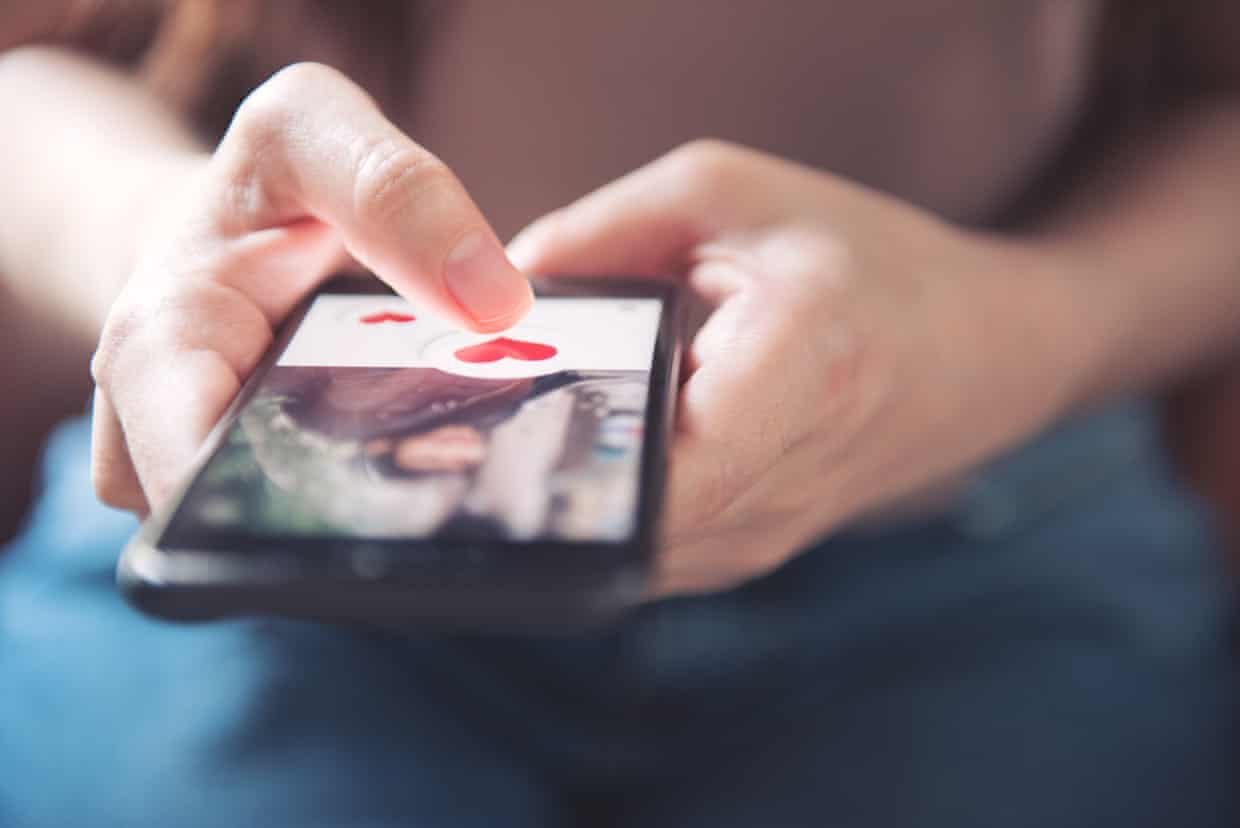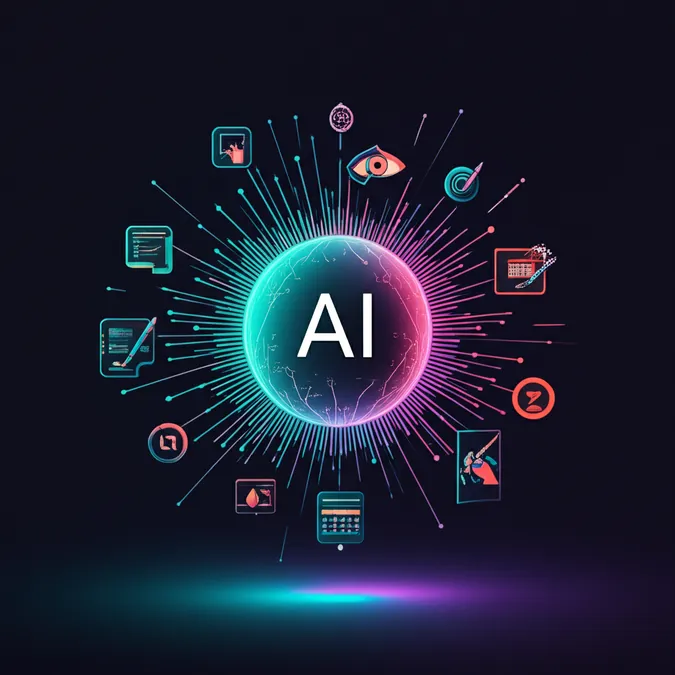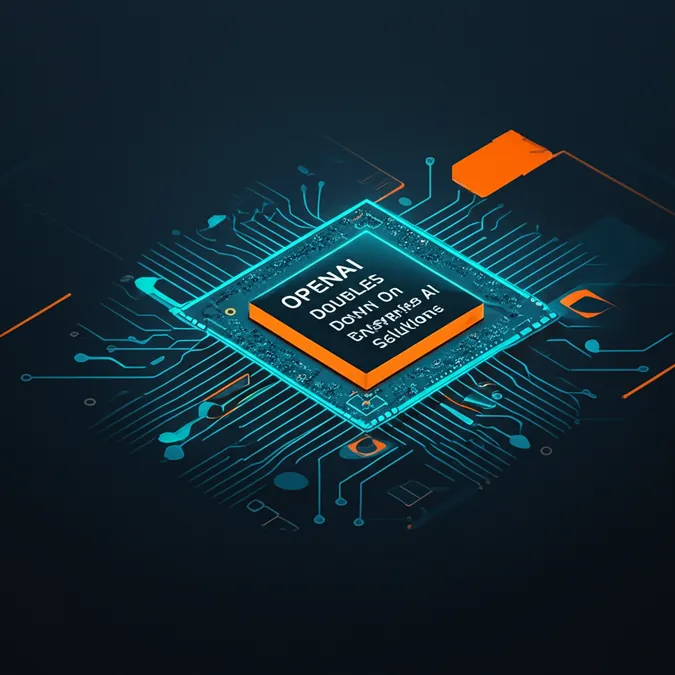Developer Offer
Try ImaginePro API with 50 Free Credits
Build and ship AI-powered visuals with Midjourney, Flux, and more — free credits refresh every month.
The Rise of AI Chatfishing in Modern Dating
The Unsettling Reality of an AI Crafted Romance
For 36 year old Rachel, a date she had been anticipating for three weeks turned into a profoundly strange experience. After matching with a man on Hinge, she was drawn in by his thoughtful, open ended questions about topics like attachment styles, a refreshing change from typical dating app small talk. Their daily conversations quickly grew deep, covering everything from favorite memes to childhood traumas, often lasting late into the night. The connection felt genuine and personal.
However, the man she met at the pub was a shadow of his digital self. He was polite but flat, struggling with small talk and lacking the quick wit she had come to admire. The stark contrast between his online persona and his real life presence was jarring. It felt like she was meeting a complete stranger. Rachel soon suspected she had been “Chatfished” – seduced by a personality largely crafted by artificial intelligence. After a disappointing second date confirmed her suspicions, she ended it, recalling a previous time she had been “ChatGPT-ed into bed” and wanting to avoid a repeat.
Welcome to the Age of Chatfishing
In the past, online daters contended with misleading photos or unoriginal pickup lines. Today, a new layer of digital artifice has emerged: AI-generated charm. The exhaustion from the gamified nature of modern dating has left many users feeling disposable, and AI is adding another complex dimension to the search for love.
This phenomenon, dubbed “Chatfishing,” involves users outsourcing their conversations to AI like ChatGPT. While some may use it for a little help with phrasing, others go to extremes, creating entire fake personas. Their matches believe they are building a real connection, but are instead opening up to an algorithm designed to mirror their own desires back to them, creating a dystopian hall of mirrors.
Why Daters Are Turning to AI Assistants
Not everyone who uses AI intends to deceive. For many, it's a tool to navigate the often-tricky landscape of text-based flirting. Nick, a 38-year-old in an open relationship, uses ChatGPT to start meaningful conversations on apps like Feeld and Bumble without investing too much time or emotional energy upfront. He takes inspiration from its suggestions rather than copying them verbatim, admitting it might influence how he's perceived but seeing it as asking better questions rather than being dishonest.
Similarly, 28-year-old Holly uses AI to refine her long messages to a co-worker in a “situationship.” She asks ChatGPT to make her tone softer, clearer, or even harsher to communicate her feelings effectively without being misleading. Her situation highlights a modern communication gap; as relationship dynamics shift, many lack the skills to navigate emotional gray areas. A 2024 YouGov poll found that about half of young Americans have been in these undefined relationships. For Holly, AI helps strike a balance between honesty and tact.
However, AI isn't a magic bullet. Thirty-two-year-old Rich used ChatGPT to craft the perfect follow-up message to a woman he met at a bar, but he never received a reply. And for some, the polish of AI is a turn-off. Nina, 35, says she quickly loses interest when she receives an overly crafted opening line like, “Your smile is effortlessly captivating,” recognizing it as inauthentic.
From Digital Wingman to Full Deception
For some, AI is more than just a tool for polish; it’s a way to decode the unwritten rules of modern dating. Jamil, 25, sees AI as a workaround for what he calls the jargon of dating, like discussions of attachment styles and love languages. He started using ChatGPT out of desperation while busy at work and was stunned by its effectiveness, which led him to get more dates.
Francesca, a 33-year-old autistic woman, found AI incredibly helpful for navigating the social nuances of dating apps that she found impossible to understand. Initially, she used it as a sounding board to refine her Hinge profile. But after matching with a man she couldn't read, she began feeding their conversations to ChatGPT for analysis and advice. It helped her interpret his signals and craft replies.
Soon, she found herself relying on the bot for every message. “Over the course of a week, I realised I was relying on it quite a lot,” she says. “And I was like, you know what, that’s fine – why not outsource my love life to ChatGPT?”

The reliance quickly became a trap. By their third date, Francesca admits he was “basically just dating ChatGPT.” She felt she was in too deep and didn't know how to talk to him as herself anymore. Jamil had a similar crisis of conscience after using AI to craft a deeply empathetic response to a match who was grieving a family loss. When they met and she praised his supportive messages, he felt dishonest.
The golden age of Chatfishing may be passing, as more people can now spot AI-generated text. Francesca was nearly caught when she accidentally pasted a ChatGPT prompt into a message. The close call made her realize the relationship wasn't real, as he had barely interacted with her true self.
The Fine Line Between Help and Deceit
Dating expert Paul C Brunson emphasizes that there's a clear line between using AI as an enhancement and actively misrepresenting yourself. He believes AI can be a helpful tool to facilitate meeting in person, which is where real compatibility is tested. “AI doesn’t impact any of that,” he says. “The vast majority of people would know when they’ve crossed that line.”
The problem is that some people cross that line deliberately. Rachel shares another story of matching with a handsome man who, to her surprise, was also a deep and attentive conversationalist. He perfectly tailored his responses to her interests, even promising to take her to lavender fields. Swept away, she slept with him on the first date. Afterward, his eloquent messages were replaced by terse, one-word replies. A friend pointed out his earlier messages had the hallmarks of AI. “You aren’t thinking, ‘He must be a bot’, you’re thinking you’ve just stumbled across Prince Charming,” she laments.
Is Authenticity Dead in Digital Dating
If ghosting was the primary hazard of early app dating, Chatfishing might be its successor in the AI age. The temptation to use a digital dating coach is understandable amid widespread burnout from swiping. AI extends the logic of dating apps, where users are products to be optimized for a market of infinite choice.
Yet the secrecy surrounding its use shows that we inherently know true intimacy requires vulnerability and unscripted moments. Using AI risks creating an echo chamber where we only hear our own desires reflected back at us, leaving others feeling used and misled. As Brunson notes, dating apps are merely for introductions. The real work of finding chemistry and connection must be done in person. No algorithm can do that part for us.
Compare Plans & Pricing
Find the plan that matches your workload and unlock full access to ImaginePro.
| Plan | Price | Highlights |
|---|---|---|
| Standard | $8 / month |
|
| Premium | $20 / month |
|
Need custom terms? Talk to us to tailor credits, rate limits, or deployment options.
View All Pricing Details

